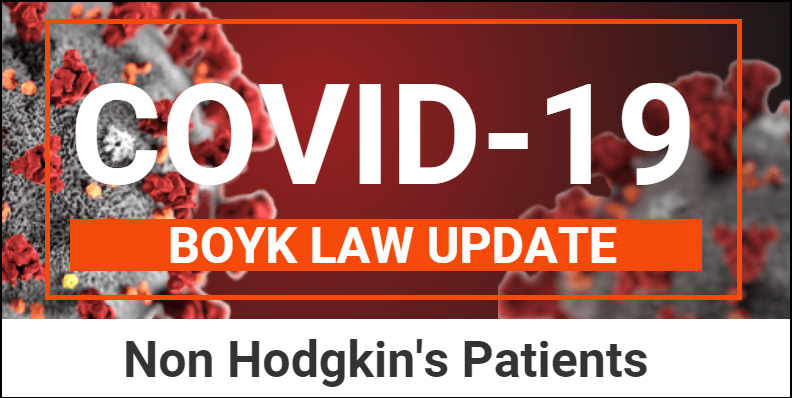Address Info
Charles E. Boyk Law Offices, LLC

Holland Office
Holland Office
Charles E. Boyk Law Offices, LLC
Holland Office
1500 Timberwolf
Holland, Ohio 43528
West Toledo Office
West Toledo Office
Charles E. Boyk Law Offices, LLC
West Toledo Office
7659 Kings Pointe Road Suite B
Toledo, Ohio 43617
Bowling Green Office
Bowling Green Office
Charles E. Boyk Law Offices, LLC
Bowling Green Office
121 E. Wooster Street Suite 255
Bowling Green, OH 43402
Defiance Office
Defiance Office
Charles E. Boyk Law Offices, LLC
Defiance Office
1012 Ralston Ave Suite C1
Defiance, OH 43512
Fremont Office
Fremont Office
Charles E. Boyk Law Offices, LLC
Fremont Office
1005 E. State Street Suite 5
Fremont, OH
Findlay Office
Findlay Office
Charles E. Boyk Law Offices, LLC
Findlay Office
612 South Main Street Suite 107
Findlay, OH 45840
Lima Office
Lima Office
Charles E. Boyk Law Offices, LLC
Lima Office
114 N West St #203
Lima, OH 45801
Saline Office
Saline Office
Charles E. Boyk Law Offices, LLC
Saline Office
1705 Woodland Dr E Suite 205
Saline, Michigan 48176
Swanton Office
Swanton Office
Charles E. Boyk Law Offices, LLC
Swanton Office
10725 Airport Highway
Swanton, OH 43558
Toledo Office
Toledo Office
Charles E. Boyk Law Offices, LLC
Toledo Office
405 Madison Avenue PNC Bank Building Suite 1200
Toledo, OH 43604
West Unity Office
West Unity Office
Charles E. Boyk Law Offices, LLC
West Unity Office
123 E. Jackson Street
West Unity, OH 43570
Maumee Office
Maumee Office
Charles E. Boyk Law Offices, LLC
Maumee Office
1683 Lance Pointe Rd Suite 104B
Maumee, OH 43537

